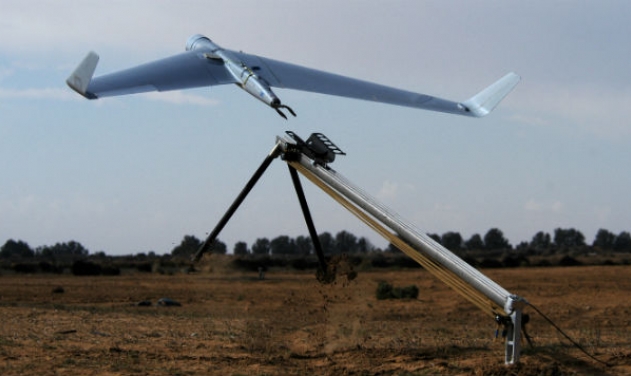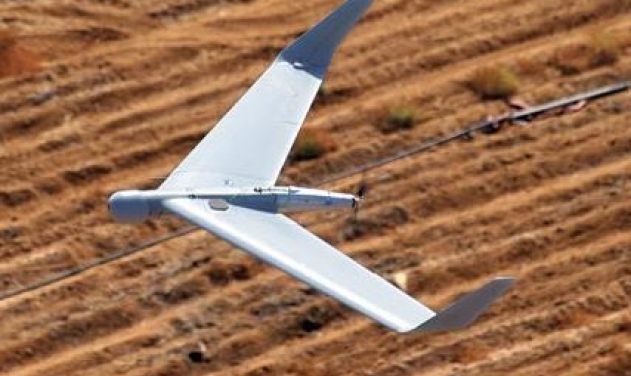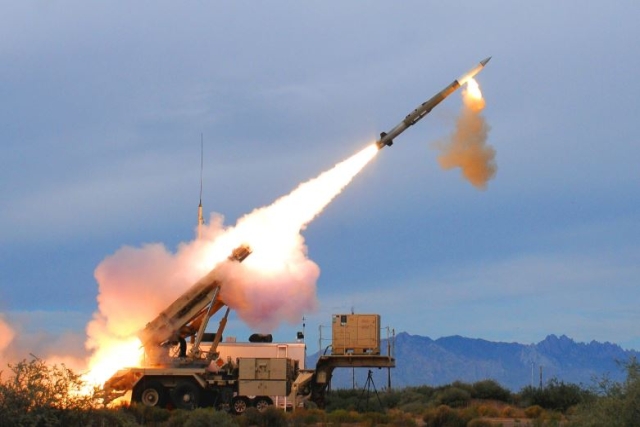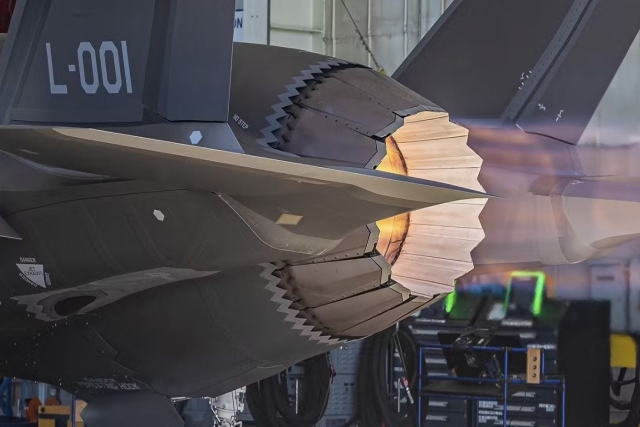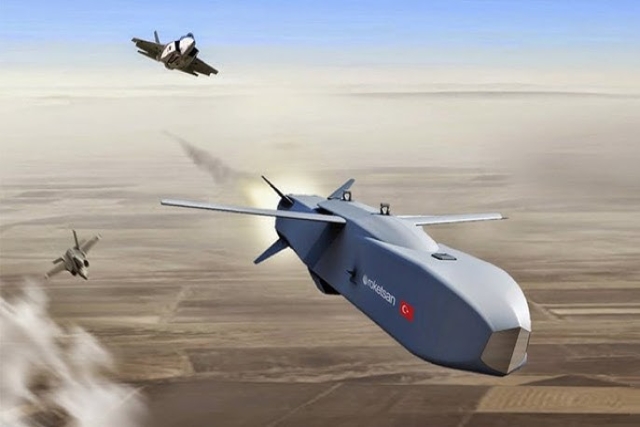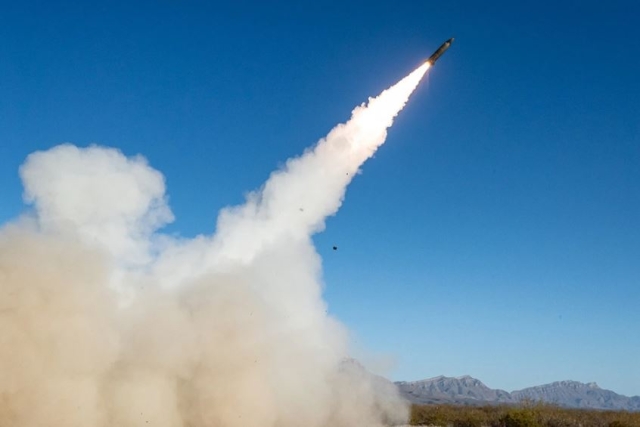Armenian Army’s Air Defense System Shoots Down Azerbaijani Orbiter 3 Drone
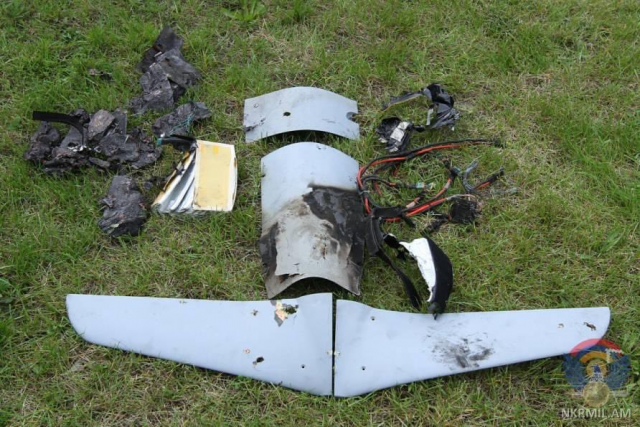
Armenian Army’s 9K33 Osa surface-to-air missile system shot down Israel-built Orbiter 3 small tactical UAS (STUAS) used by Armed Forces of Azerbaijan.
The Armenian Ministry of Defense released a video footage Monday showing the Orbiter 3 drone being destroyed by their 9K33M2 "Osa-AK" system over Artsakh on 22 April.
In February 2019, Azerbaijan signed a $13 million contract for Orbiter 1K drones with Israeli firm Aeronautics, just two weeks after its export license was reinstated. The suspension had been imposed in August 2017 after the company reportedly attempted to bomb an Armenian military site on behalf of Azerbaijan during a demonstration of its drones outfitted with 1-2kg explosive payload.
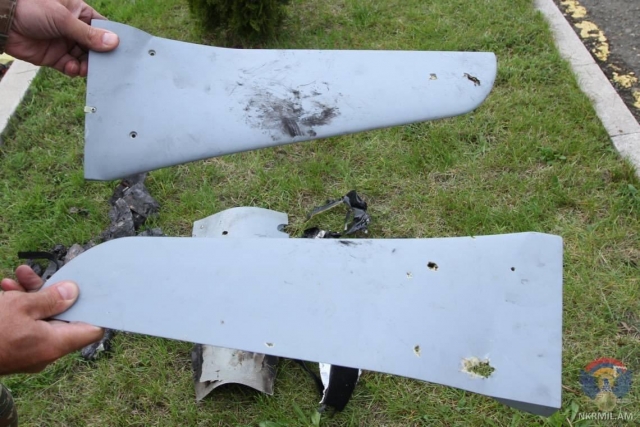
Aeronautics claims that the $13 million, two-year deal will maintenance work for the Orbiter 1K UAVs sold to the central Asian country.
In June 2017, AzeriDefence reported that during Azerbaijan-Turkey joint military drills in Nakhchivan Autonomous Republic, Azerbaijan Armed Forces presented their Orbiter 3 STUAS for the first time. The drones were built by “Azad Systems” established by the MoD and Aeronautics.
Orbiter 3 drone:
Orbiter 3 STUAS is the largest variant of the Orbiter family of electric powered UAS. It is designed to operate with, and support the higher tactical echelon, providing intelligence, surveillance, target acquisition, and reconnaissance (ISTAR) missions with long endurance.
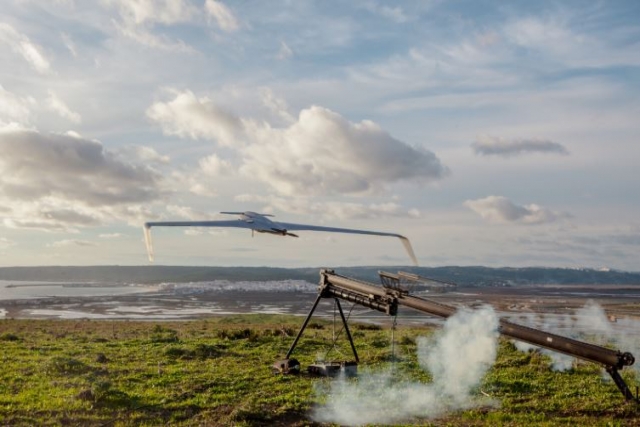
The system can carry payloads up to 5 kg in weight, including multi-sensor stabilized EO payloads carrying laser target-designation systems. The recommended payload for Orbiter 3 UAVs is the T-STAMP tri-sensor stabilized EO payload (Day/Night), cooled) with laser pointer. The latest variant of the Orbiter 3 STUAS is fitted with digital datalink, extended endurance of 7 hours and operational radius of 150 km.
The system is fully compatible with industry standards, including STANAG 4586 (NATO) for UAS controls and H.246 for the video streaming.
The drone can fly for two to three hours carrying its warhead and an electro-optical/infrared sensor before engaging a target.
According to the company, the drone's low acoustic signature enables it not to be detectable until two seconds before starting its attack dive. However, if the target has moved or cannot be attacked, an operator can bring the aircraft back to make a safe landing using a parachute and airbag.
